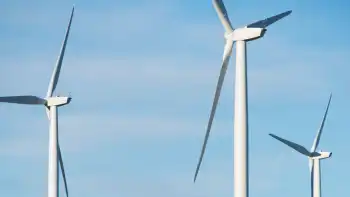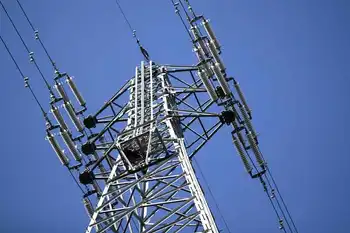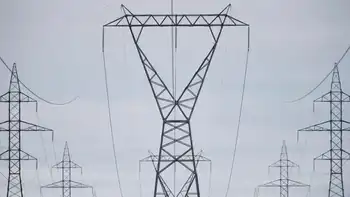Carbon storage law gets green light in Germany
The draft law, which has been the subject of much wrangling and controversy, will go a long way to harmonizing German CCS laws with European Union guidelines.
CCS is the controversial "white knight" for coal-burning power plants, which come under the most fire for their high carbon-dioxide (CO2) emissions. CCS systems aim to siphon harmful CO2 from the burning process and store them deep underground in facilities like old oil or gas fields.
The draft law, which could be passed by parliament before the summer break, sets out strict regulations and a framework for pilot projects and demonstration projects. A review is expected in 2015 to see whether CCS is technologically and financially feasible, but the draft law clears the way for big utilities to create large-scale, underground CO2 storage facilities for commercial roll-out after 2020.
"Coal-fired power stations only have a future if they can become less harmful to the environment. CCS could offer a solution," said Sigmar Gabriel, German Environment Minister. "We now have to see whether the technology can work on an industrial scale."
There are currently three CCS pilots in Germany, a quarter of all European CCS projects. German utility giant E.ON AG recently teamed up with Siemens AG to establish a pilot to capture carbon-dioxide emissions from coal burning at the Staudinger power plant near Hanau, Germany. The pilot, which will run until 2010 in Unit 5, aims to reduce carbon emissions by 80% and will use Siemens' post-combustion-capture technology in which flue gases will be scrubbed by amino acid salt.
Vattenfall kicked off the world's first CCS demonstration plant last September at the Schwarze Pumpe in northern Germany at a cost of 70 million euros $94 million. The company has also pledged a massive 1 billion euros (US$1.34 billion) to build a 500-megawatt power plant in Janschwalde, using its Oxyfuel CCS process.
RWE Power just received permission this week to build a flue gas scrubbing pilot system at the Coal Innovation Centre of the Niederaussem Power Plant in Bergheim, Germany. It will go into operation this July and will aim to handle up to 90% of emissions.
Related News

Doug Ford's New Stance on Wind Power in Ontario
ONTARIO - Ontario’s energy landscape is undergoing a significant transformation as Premier Doug Ford makes a notable shift in his approach to wind power. This change represents a strategic pivot in the province’s energy policy, potentially altering the future of Ontario’s power generation, environmental goals, and economic prospects.
The Backdrop: Ford’s Initial Stance on Wind Power
When Doug Ford first assumed the role of Premier in 2018, his administration was marked by a strong stance against renewable energy projects, including wind power. Ford’s government inherited a legacy of ambitious renewable energy commitments from the previous Liberal administration under Kathleen Wynne,…




